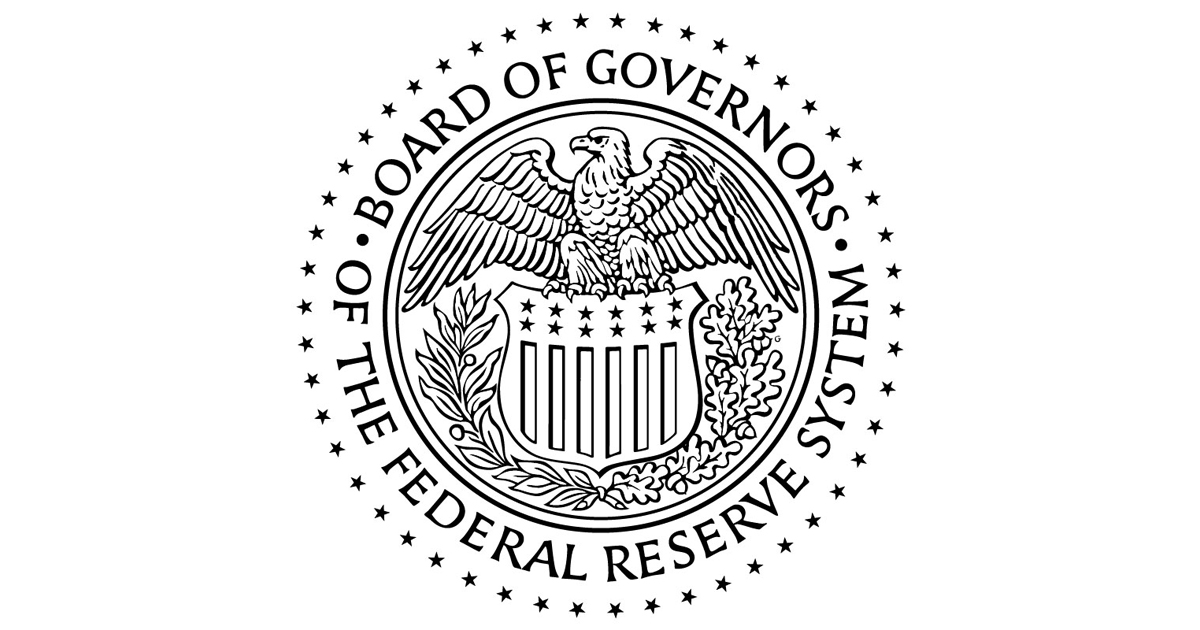The results of the Federal Reserve Board’s annual bank stress test showed that large banks are well positioned to weather a severe recession, while staying above minimum capital requirements and continuing to lend to households and businesses.
Under this year’s hypothetical recession, the aggregate decline in the common equity tier 1 (CET1) capital ratio, which provides a cushion against losses, is 1.8 percentage points. In April, the Board proposed a rule to average stress test results over two consecutive years to reduce volatility from the stress test when calculating a firm’s capital requirement. If the Board finalizes the rule as proposed, this year’s results would be averaged with the 2024 results, which would lead to an aggregate capital decline of 2.3 percentage points.
The decrease in this year’s test is smaller than the aggregate decline observed in recent years and, in part, reflects unintended volatility in the models used for the stress tests. The Board intends to address this issue when it discloses and seeks public comment on models and its scenario design framework later this year.
“Large banks remain well capitalized and resilient to a range of severe outcomes,” Vice Chair for Supervision Michelle W. Bowman said. “One way to address the excessive volatility in the stress test results and corresponding capital requirements is for the Board to finalize the proposal that would average two consecutive years of stress test results, which was released in April.”
All 22 banks tested remained above their minimum CET1 capital requirements during the stress scenario, after absorbing total projected hypothetical losses of more than $550 billion.
This year’s stress scenario is less severe than last year’s scenario due to the stress test’s countercyclical design. It includes a severe global recession with a 30 percent decline in commercial real estate prices and a 33 percent decline in house prices. The unemployment rate rises nearly 5.9 percentage points to a peak of 10 percent, and economic output declines commensurately.
There are three main factors that influence the results of this year’s test:
- Lower loan losses in a less severe scenario, due to the mild slowing of the U.S. economy in 2024 and the countercyclical nature of the Board’s scenario design;
- Lower private equity losses due to the Board adjusting how these exposures are measured to better align with these exposures’ characteristics; and
- Higher net revenue due to the effect of improved bank performance and atypical trading positions as viewed through the lens of the supervisory stress test framework.
Total projected losses of more than $550 billion include nearly $158 billion in credit card losses, $124 billion in losses from commercial and industrial loans, and $52 billion in losses from commercial real estate.
Also on Friday, the Board released corrected 2024 stress test results and capital requirements stemming from modest errors in the loss projections for corporate and first-lien mortgage loans. These corrections did not change the aggregate post-stress capital decline in 2024.
For media inquiries, please email [email protected] or call 202-452-2955.

